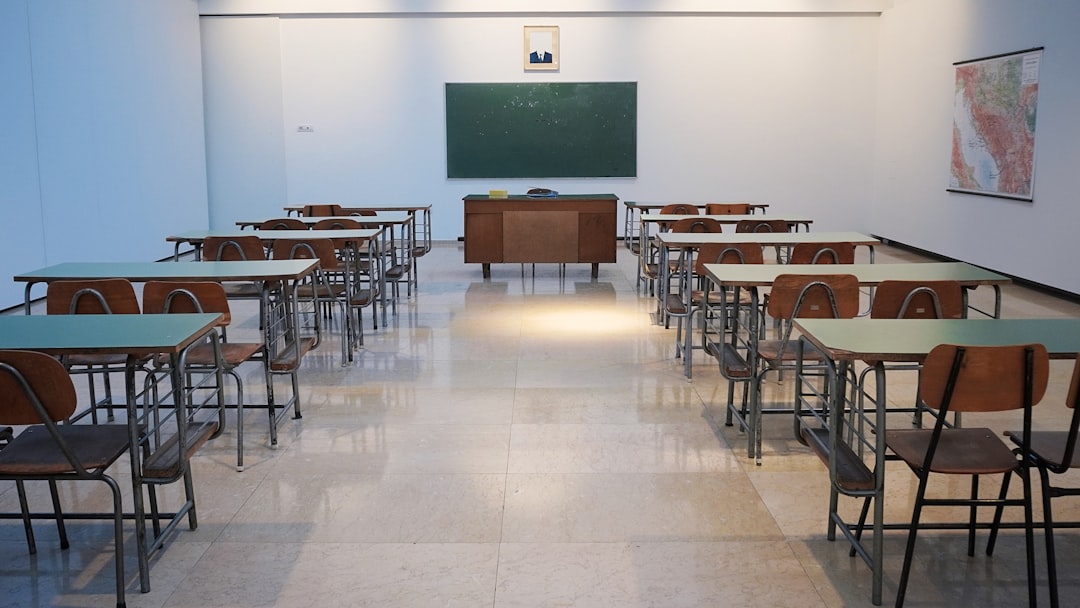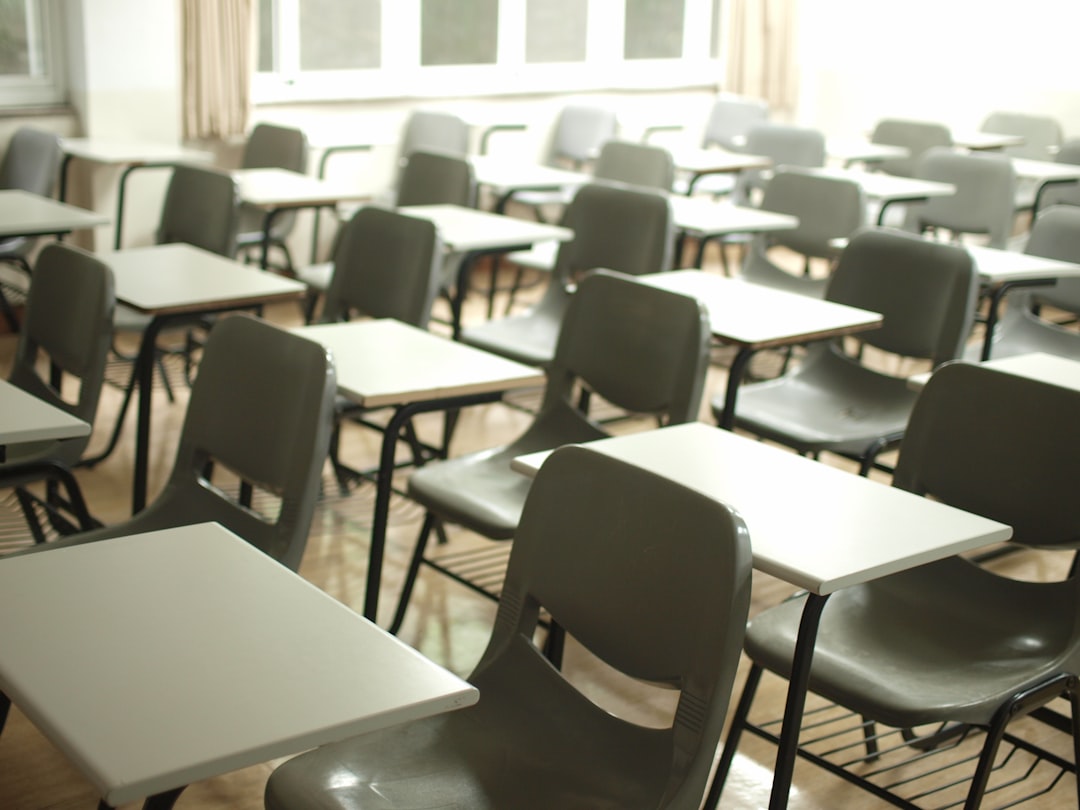Sexual abuse in schools can severely impact children's brain development, leading to long-term mental health issues like anxiety, depression, and PTSD. Neuroscience shows that early intervention and tailored therapeutic approaches enhance recovery. School abuse lawyers in New York play a crucial role by advocating for survivors' rights, utilizing neuroscience knowledge to establish safer learning environments, and promoting evidence-based prevention and intervention protocols.
In Albany, addressing sexual abuse trauma within schools is paramount for student well-being. Neuroscience offers profound insights into the impact of such trauma on young minds, revealing its effects on brain development and function. Understanding these neurological implications is crucial for fostering resilience and implementing effective healing strategies. This article explores these topics, delving into the role of neuroscience in understanding sexual abuse trauma and advocating for safer schools with the support of New York’s school abuse lawyers.
The Impact of Sexual Abuse Trauma on the Brain
Sexual abuse trauma, especially in the context of school-aged individuals, can have profound and lasting effects on brain development and function. The brain is a complex organ, and its structural and functional changes resulting from trauma are still being extensively studied. Research suggests that traumatic experiences, particularly repeated or severe instances of sexual abuse, can disrupt neural circuits involved in emotion regulation, memory formation, and stress response. This disruption often leads to long-term mental health issues.
In the case of school-related abuse, where children may be vulnerable during a critical period of brain development, the consequences can be even more severe. Neurological implications include altered brain chemistry, with increased levels of stress hormones like cortisol. This can result in structural changes in regions responsible for fear processing and memory, making individuals more susceptible to anxiety disorders, depression, and post-traumatic stress disorder (PTSD). Understanding these neurological impacts is crucial, especially for school abuse lawyers in New York who advocate for the mental health and legal rights of survivors.
Neuroscience and its Insights into Children's Resilience and Healing
Neuroscience offers valuable insights into children’s resilience and healing processes, which can significantly inform strategies to address sexual abuse trauma in Albany schools. Research has shown that the brain’s plasticity—its ability to adapt and reorganize—is particularly prominent in childhood, making young individuals more susceptible to both positive and negative experiences. This means that traumatic events, like school abuse, can have long-lasting effects on brain function and development. However, the same plasticity also provides a glimmer of hope; it suggests that with the right interventions, children can heal and regain control over their lives.
Understanding how the brain responds to trauma is crucial for developing effective healing strategies. School abuse lawyers in New York often emphasize the importance of early intervention, as neuroscience indicates that timely support can enhance resilience. By employing evidence-based therapeutic approaches tailored to a child’s unique neurobiological response to trauma, professionals can foster healthy brain development and promote recovery. This proactive approach not only aids individual students but also contributes to creating a safer and more supportive learning environment in Albany schools.
Advocating for Safe Schools: The Role of School Abuse Lawyers in New York
In the ongoing effort to create safe and supportive learning environments, advocating for school abuse lawyers in New York plays a pivotal role. These legal professionals specialize in addressing instances of sexual abuse trauma within Albany’s educational institutions. By leveraging neuroscience insights, they help establish comprehensive protocols aimed at prevention, early detection, and effective intervention strategies.
School abuse lawyers work collaboratively with educators, administrators, and healthcare providers to ensure compliance with state regulations and best practices. Their expertise facilitates the development of programs that foster a culture of safety, promote resilience among affected students, and encourage open communication channels. This multi-faceted approach not only addresses immediate needs but also contributes to long-term healing and improved academic outcomes for all students in New York’s schools.






